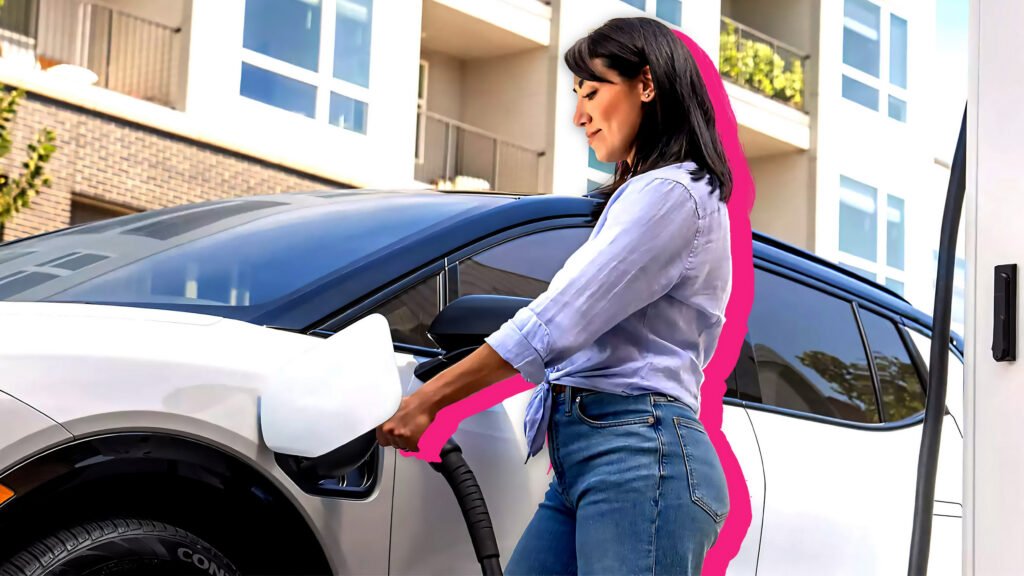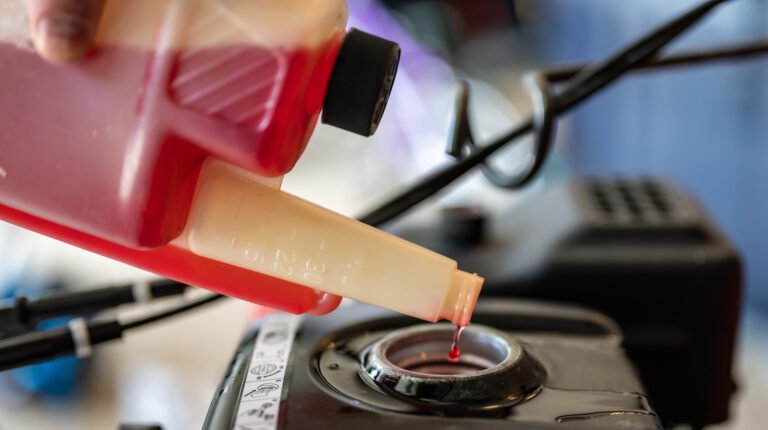

- A new AAA survey for 2025 shows EV interest in the US is at its lowest since 2019.
- Only 16 percent of Americans say they will likely buy an EV, while 63 percent won’t.
- Battery repair cost is the biggest concern, followed by high vehicle purchase prices.
While electric vehicles continue to grab headlines and show up in more driveways each year, a new national survey suggests the average American still isn’t ready to plug in. EV adoption in the US is lagging behind much of the world, and the latest annual survey from the American Automobile Association (AAA) helps explain what’s slowing things down. Interest in EVs among US drivers is not just stalling, it’s actually shrinking.
More: Europeans Are Done With Tesla Except For One Country That Can’t Stop Buying
In the 2025 edition of the AAA survey, just 16% of respondents said they are likely or very likely to purchase an EV, marking the lowest percentage recorded since 2019. Meanwhile, 63% reported they are unlikely or very unlikely to go electric. That’s a noticeable shift from three years ago when 25% expressed interest and 51% were against it.

Confidence in the timeline for broader EV adoption is also fading. Only 23% of US drivers now believe most cars will be electric within the next decade, down from 40% in 2022.
Why Americans Are Saying No to EVs
When asked which is the main reason behind their decision not to go electric, 62% of the respondents mentioned high battery repair costs, while 59% cited the overall purchase price. Long-distance practicality was another key issue, with 57% saying EVs don’t suit extended travel, and 56% pointing to the lack of a convenient public charging network. Another 55% simply worry about running out of charge while on the road.
Other issues were mentioned less frequently. About 31% raised concerns about safety, 27% said they couldn’t install a home charging, and 12% noted the potential loss of EV-related incentives.
Those who are still considering an EV say the main draw is savings on fuel. That was the top reason cited by 77% of interested respondents. Another 59% referenced environmental benefits, and 47% said they expect lower maintenance and repair costs compared to traditional vehicles.
More: Huge Study Shows EVs More Reliable Than ICE Cars With One Surprising Common Issue
Support for federal and state incentives has also declined. Only 39% of respondents in 2025 listed tax credits and rebates as a reason to go electric, down from 60% in 2022. That drop aligns with the direction of the current political landscape, as the Trump administration continues efforts to scale back EV-related subsidies. Interest in EVs for their advanced tech features also dropped, with just 22% citing innovation as a motivator.
Uncertainty About The EV Future
AAA concludes that the public perception regarding the future of EVs remains uncertain. Despite the wide variety of EVs which are now available in the US market, many buyers find hybrids more appealing.
“Since we began tracking interest in fully electric vehicles, we’ve seen some variability,” said Greg Bannon, director of automotive engineering at AAA. “While the automotive industry is committed to long-term electrification and providing a diverse range of models, underlying consumer hesitation remains.”
The 2025 survey was conducted between March 6-10, with 1,128 participants. According to AAA, the respondents provide sample coverage of approximately 97% of the US household population.


